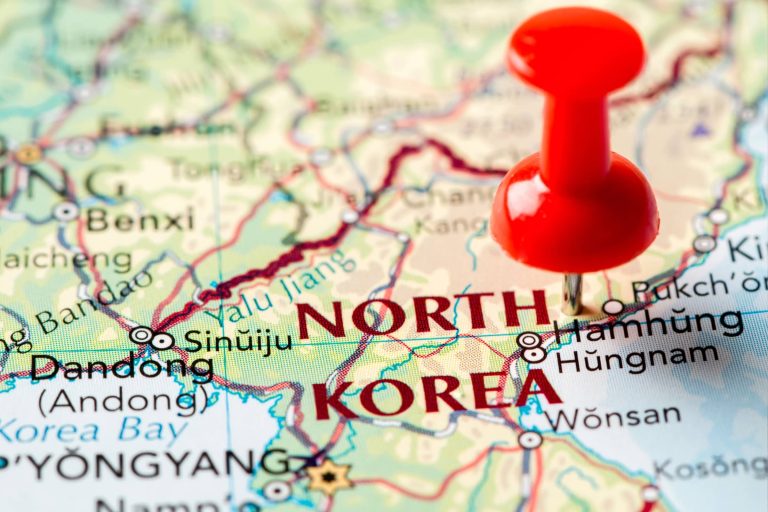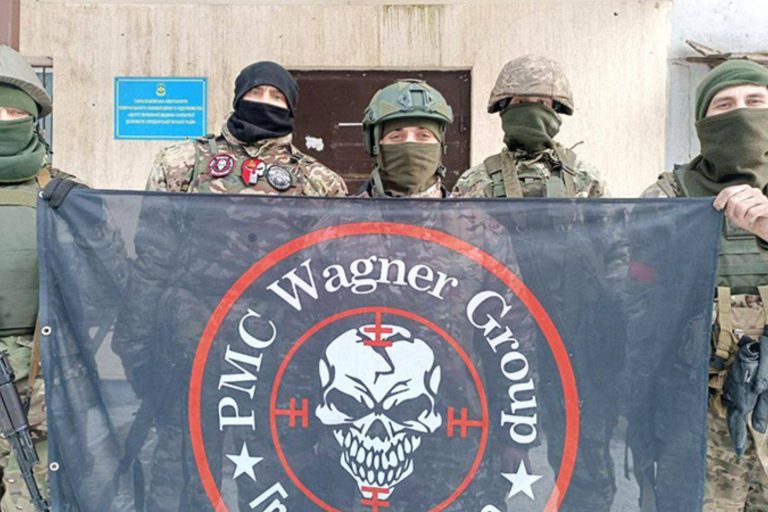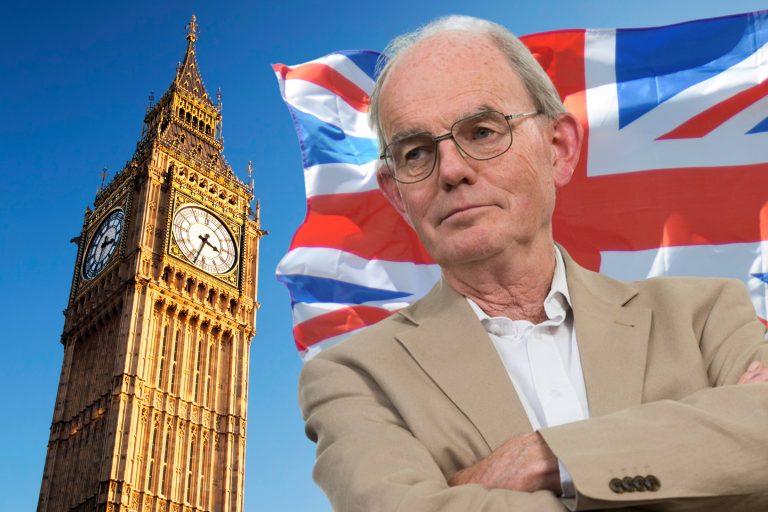Exploring the intricacies of North Korea’s nuclear ambitions, Dr John Bruni delves into the geopolitical challenges, shifting alliances, and the paradox of U.S. deterrence. Featuring insights from expert Lauren Zukin, it examines the balance of power, historical precedents, and the complex web of international relations surrounding Pyongyang.
With the increasing global focus on North Korea’s nuclear and missile programs, understanding the intricacies of this geopolitical challenge is crucial. I recently sat down with Lauren Zukin, an assistant professor of international relations and a center affiliate at the London School of Economics, to delve deeper into the issue.
The recent Putin-Kim summit in Russia ignited speculation about an imminent arms deal between Moscow and Pyongyang. Despite being perceived as a small and impoverished nation, North Korea, under the Kim dynasty, has consistently managed to dominate global discussions on international relations, especially in North East Asia.
North Korea Victory Day Parade
North Korea’s recent Victory Day parade, which highlighted advanced missile capabilities, underscores Pyongyang’s dual objectives: bolstering domestic support while sending a clear message to the international community. The event’s significance was amplified by the presence of representatives from both Russia and China, indicating a shift in alliances and geopolitical influences.
United States Inability to deter
One of the focal points of the discussion was the apparent paradox of the United States’ inability to deter North Korea, despite its overwhelming nuclear superiority. According to Zukin, North Korea’s nuclear advances have dramatically altered its influence in geopolitics. Although the U.S. possesses a much larger nuclear arsenal, it’s the resolve and perception of intent that can swing the balance of power in a crisis.
The U.S.’s inability to effectively deter North Korea is further complicated by the Kim regime’s perception of previous international disarmament initiatives. The Libyan example, where Muammar Gaddafi’s decision to dismantle his country’s weapons of mass destruction program eventually led to his downfall, serves as a potent lesson for Pyongyang. Such historical precedents breed mistrust and solidify North Korea’s determination to cling to its nuclear capabilities as an insurance policy against foreign intervention.
Listen below
Adding to the intricate web of alliances and potential conflicts, China and Russia’s roles cannot be overlooked. Historically, both nations have occasionally cooperated with the U.S. to curb North Korea’s aggressive endeavors. However, recent overtures, including Russia reopening train routes to North Korea and China’s persistent economic ties, indicate a potential realignment of loyalties in the region.
Zukin’s research suggests that U.S. struggles to deter North Korea stem not from its lack of capability but from the very nature of nuclear deterrence. In a high-stakes environment, it’s not merely about who has the bigger arsenal, but who demonstrates a greater commitment to their cause. For North Korea, every international crisis is existential, underpinned by the regime’s perception that the U.S. seeks its downfall.
In conclusion, North Korea’s nuclear ambitions and the resulting geopolitical tensions present a multifaceted challenge. It’s a dance of power, perception, and historical precedents, with global implications. As the world watches North Korea’s next move, understanding these underlying complexities becomes imperative for forging a path toward peace and stability.





















